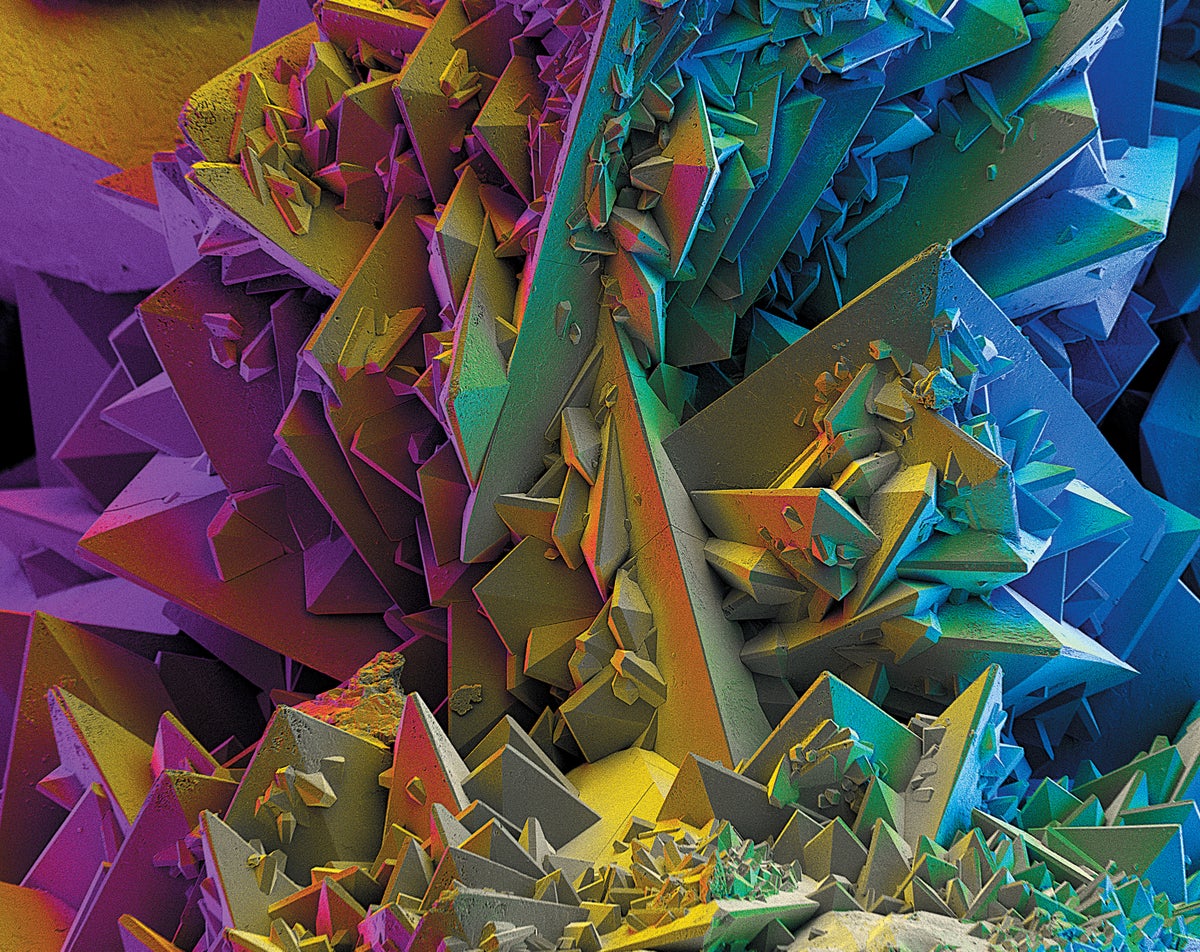- cross-posted to:
- [email protected]
- [email protected]
- cross-posted to:
- [email protected]
- [email protected]
Mars Missions May Be Blocked by Kidney Stones
In searching for potential dangers humans would face on a long Mars mission, scientists are leaving no stone unturned—including the ones that show up at weirdly high rates in astronauts’ kidneys.
Healthy kidneys filter blood to balance the body’s water, salts and minerals, expelling waste as urine. When this process goes awry, painful kidney stones—hard accumulations of salts and materials such as calcium—can form in this essential organ. Researchers have theorized that astronauts are prone to kidney stones because bones degrade faster in microgravity, increasing calcium levels in the blood. But these stones’ surprising frequency among space travelers even years after they return to Earth suggests other factors are involved.
Kidneys are exceptionally responsive and adaptable—but these traits can work against them. When microgravity shifts the body’s distribution of internal fluids, kidney tubules tend to shrink; this action hinders the organ’s ability to properly filter calcium and salts, increasing the risk of kidney stones and other health issues. And diminished tubules are more vulnerable to high-energy cosmic rays. “There’s an unholy alliance between microgravity and galactic radiation,” says study lead author Keith Siew, a kidney physiologist at University College London.
This is wild. Not something I’d ever expect to be an issue. Cool that we’re studying it.



